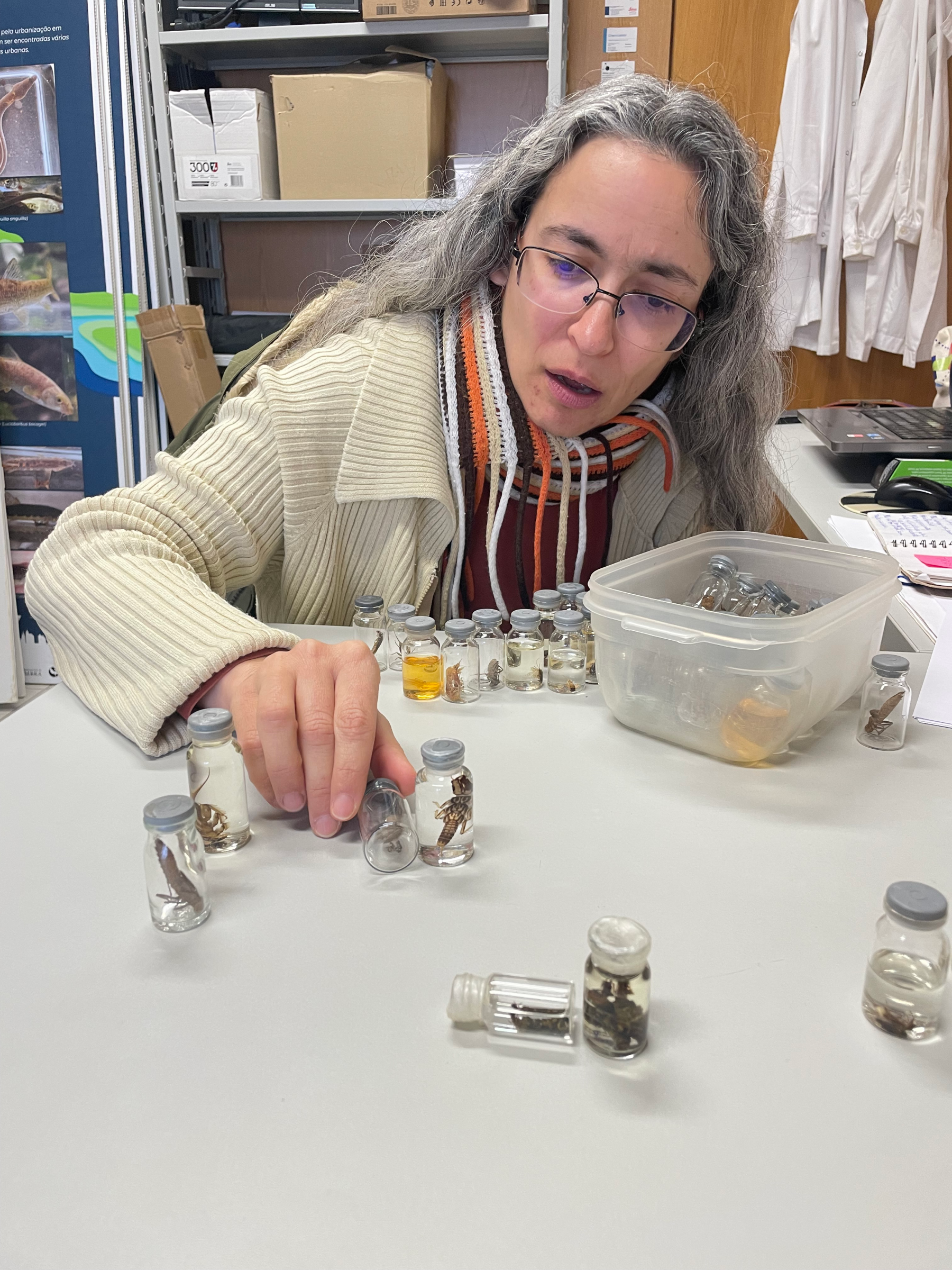Study suggests that aquatic invertebrates use macroplastics as a 'food court'
The research, published in the journal Environmental Pollution, focuses on the effects of macroplastic pollution on rivers and streams and brings together 18 studies on plant litter decomposition.
A study by Verónica Ferreira, a researcher at the Faculty of Sciences and Technology of the University of Coimbra (FCTUC), suggests that a group of macroinvertebrate organisms, the grazers, use macroplastics as a 'food court' since this substrate supports the growth of algae on which they feed.
The research, published in the journal Environmental Pollution, focuses on the effects of macroplastic pollution on rivers and streams and brings together 18 studies on plant litter decomposition, but it also analyses the results concerning plastics.
"Pollution from anthropogenic waste is a global problem, but very few studies have looked specifically at the interaction between macroplastics and macroinvertebrates in streams. The researcher from the Centre for Marine and Environmental Sciences (MARE) and of the Department of Life Sciences (DCV), carried out a meta-analysis — which consists of compiling scientific evidence, — and compared the colonization of plastic and plant litter by these organisms.
Initially, it was thought that plastic would not be colonized in the same way as leaves, only as a habitat and not as food. However, strangely enough, plastic can be a very interesting substrate for grazers, which colonize it in the same way as leaves," Ferreira reveals, further adding that this meta-analysis will guide future empirical studies, which should take into account the geographical areas most affected by macroplastic pollution and the types of plastic most commonly found in watercourses.
The scientific article Macroplastic litter colonization by stream macroinvertebrates relative to that of plant litter: A meta-analysis is available here.

